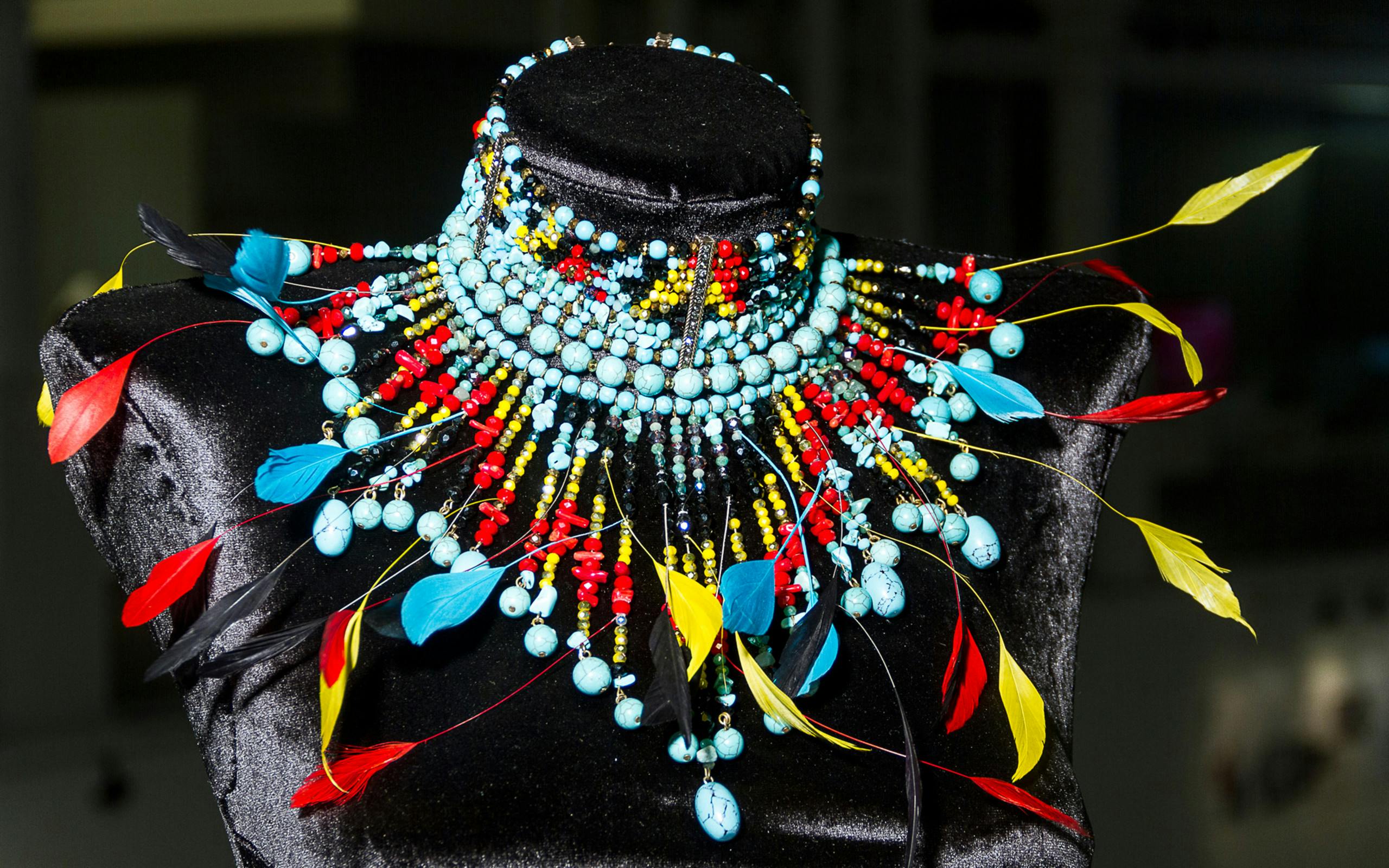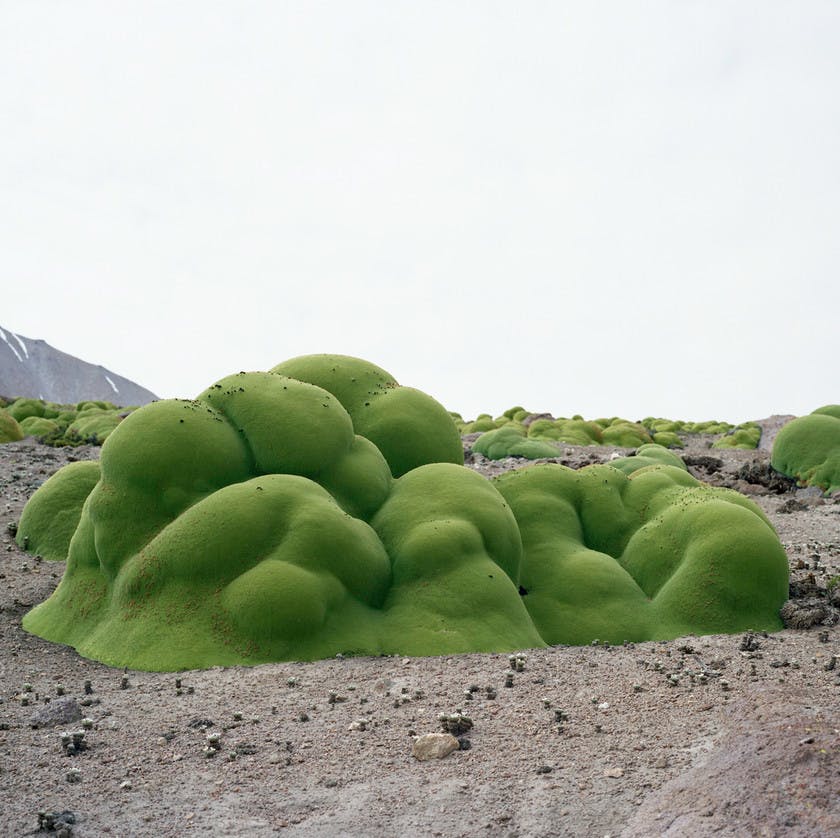
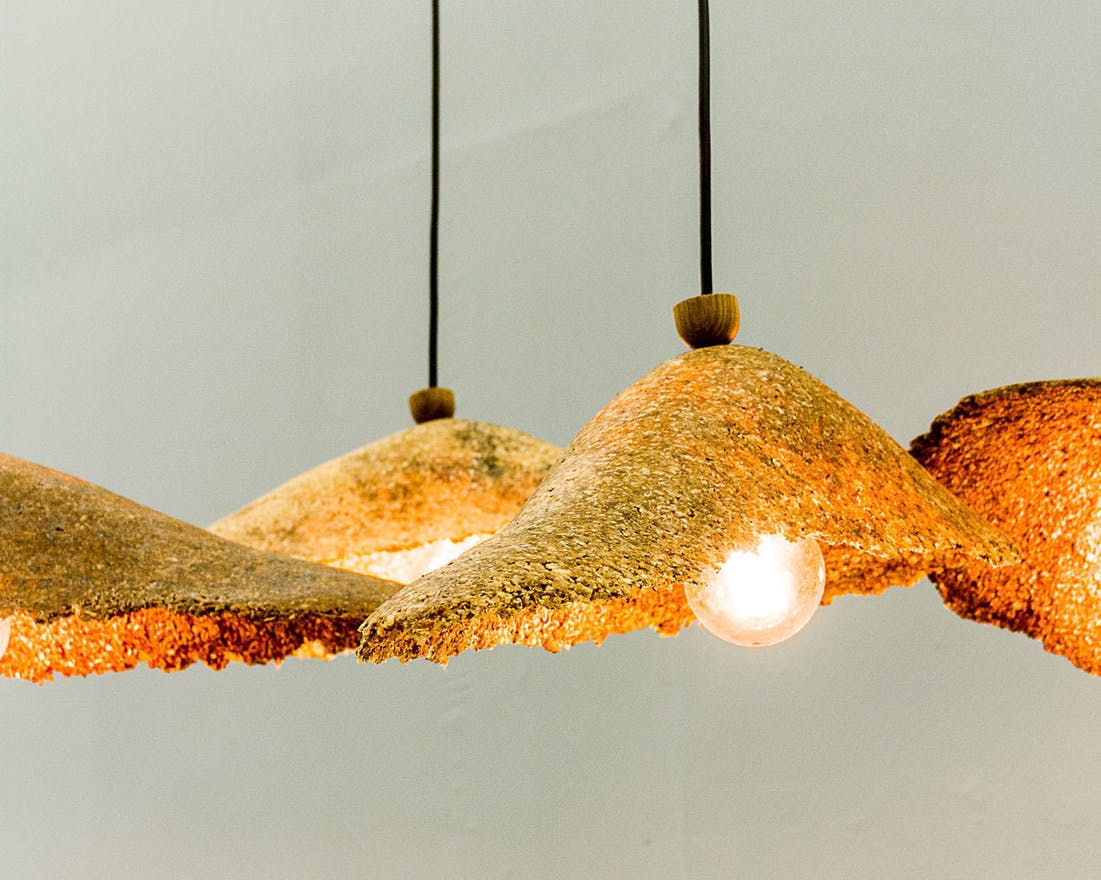
Mouna Boumaza
Curators:
Hellal Zoubir & Feriel Gasmi Issiakhem
Team:
Aissaoui Ryad scenography, Matari Jamel Photographs
Funding:
Ministry of Culture and Ministry of Housing, Urban Planning and the City
Support:
Algerian Agency for Cultural Radiation AARC
Thanks to:
The Italian Embassy in Algeria and the Italian Cultural Centre for their administrative and monitoring support
Algeria
The Song
Algeria’s exhibition features fifteen products by Algerian designers, as well as a dozen architectural and urban projects that fall within the theme: toward a return to ancestral heritage values as resources and ways of life for an uncertain future. Algeria’s potential, and its local resources, can be capitalized on by mobilizing local know-how based on local and regional history, which has a strong identity and is promoted by quality processes. These processes should become the focus of new socioeconomic sectors aimed at strengthening the “heritagization” of this know-how.
The public—the main actor—can become more involved in the appropriation of these resources by mobilizing their capacities, reverting to past techniques of territorial marketing, and promoting community practices such as the use of the fougara plantation irrigation system adopted by the city of Ghardaïa in the south of Algeria, and earthen architecture, evidence of several civilizations scattered across the country. These trends of promotion and heritagization, based on competitive economic systems, increase the renown and quality appeal of the regions, which in tur encourages tourism. They integrate environmental sustainability while preserving local specificities. The value system behind heritagization processes in this new vision of territorial development attempts to reduce the opposition between modernity and tradition. Yet modernity continues to be a major factor in cultural, social, and political otherness—some see it as “a good that does evil,” and others as “an evil that does good.”
This return to nature, combined with the ancestral heritage, is reflected in the emergence and activation in this space of a process of mobilization, reconfiguration, and territorial impacts. These territorial heritage resources are increasingly becoming points of attraction—a range of diverse collective actions toward sustainable development and an acceptable quality of life in an uncertain future.
Credits
Organizing institution:
Ministry of Culture, Ministry of Housing, Urban Planning and the City Algerian Agency for Cultural Influence AARC
Curators:
Hellal Zoubir & Feriel Gasmi Issiakhem
Team:
Aissaoui Ryad scenography, Matari Jamel Photographs
Funding:
Ministry of Culture and Ministry of Housing, Urban Planning and the City
Support:
Algerian Agency for Cultural Radiation AARC
Thanks to:
The Italian Embassy in Algeria and the Italian Cultural Centre for their administrative and monitoring support
Highlights
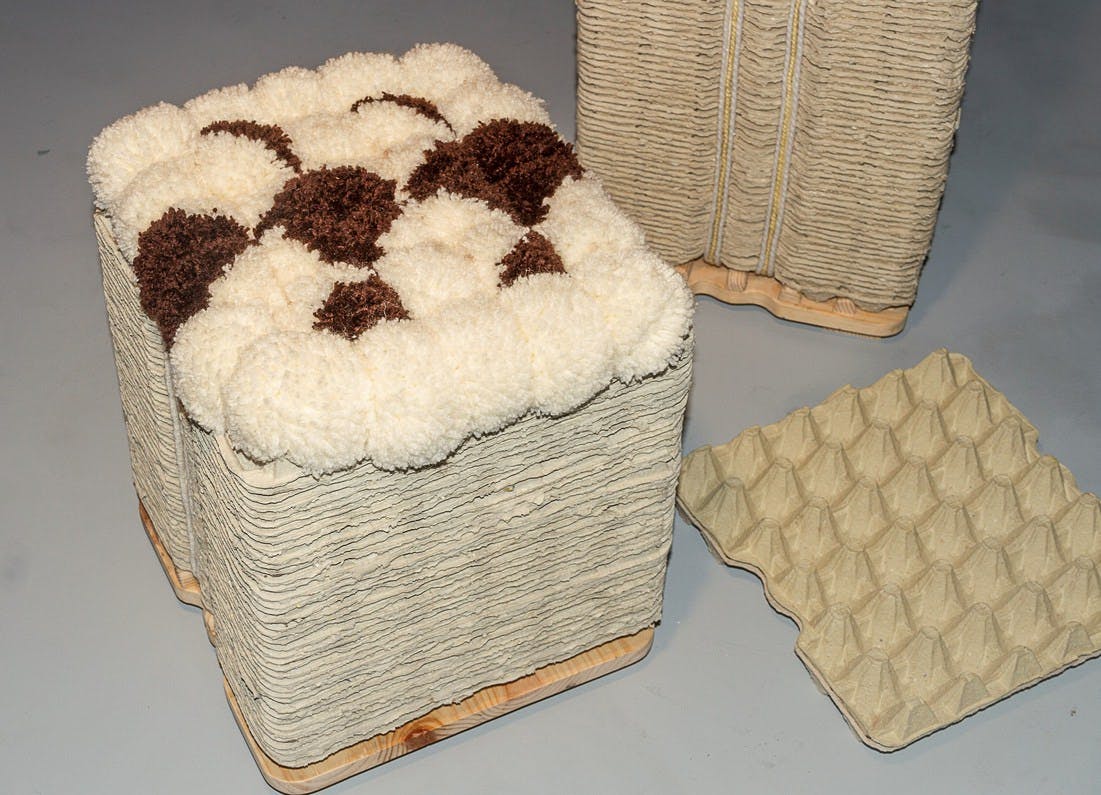
Leila Mammeri
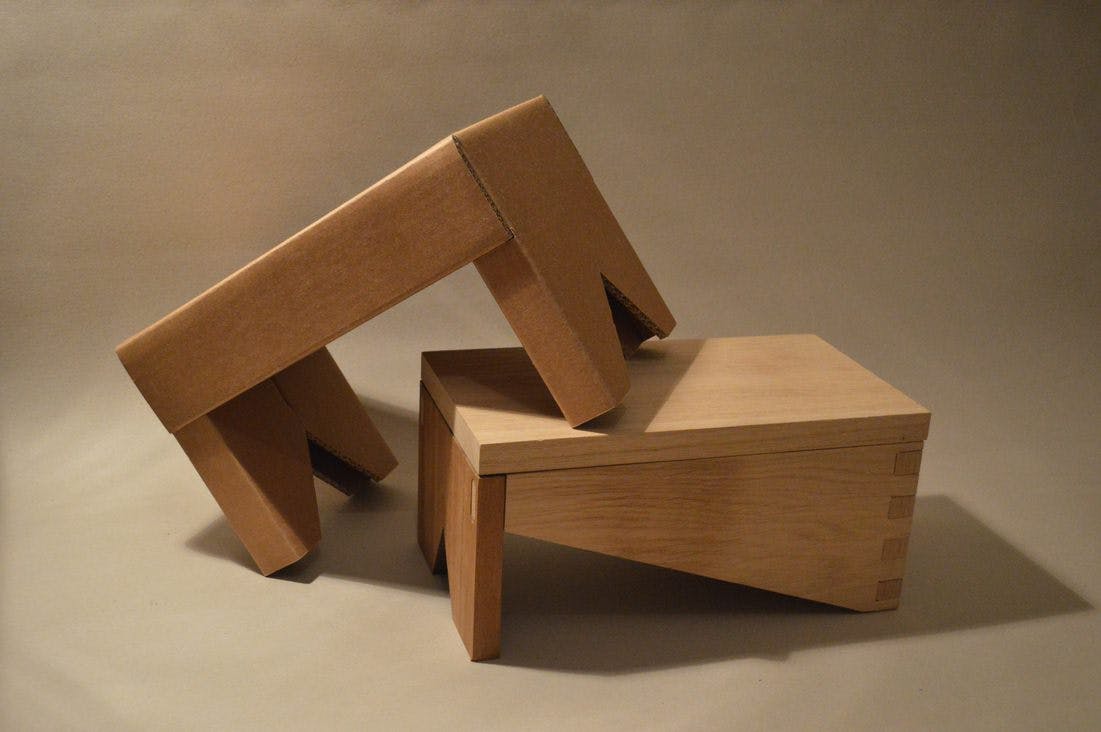
Nabila Kalache, Tchi Tchi
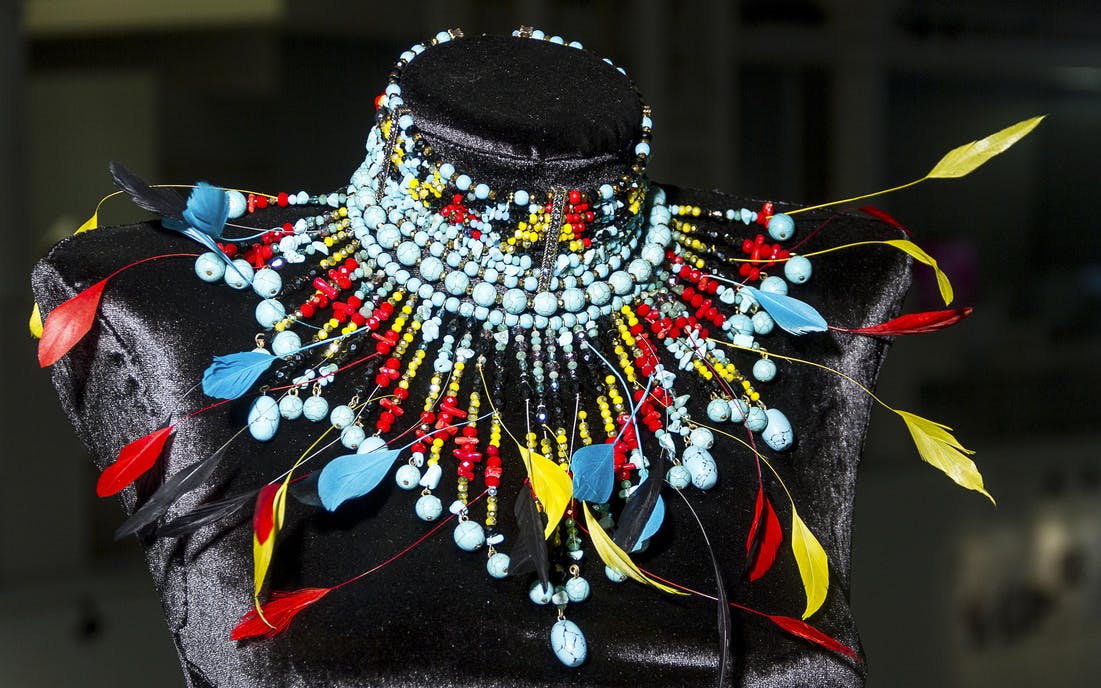
Karim Sifaoui
Related events
International Participations
Archives and collection
Explore hundreds contents →




